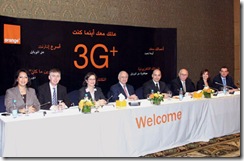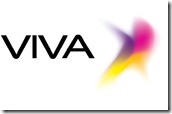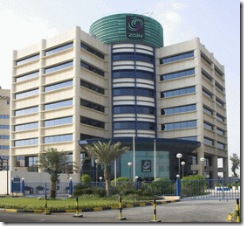Fitch Ratings has affirmed Motorola’s debt ratings with a negative outlook. Fitch’s actions affect approximately US$5.4 billion of total debt, including the assumption of a fully drawn US$1.5 billion revolving credit facility.
The issuer default rating (IDR) has been rated ‘BBB-‘, the senior secured revolving credit facility at ‘BBB’, senior unsecured notes at ‘BBB-‘, and short-term IDR and commercial paper program rating at ‘F3’.
The ratings and negative outlook reflect Fitch’s expectations that revenue growth in 2010 will likely be reliant upon the timely introduction of the company’s mobile devices business (MDB) and market acceptance of a substantial number of new smartphone models. However, MDB should benefit from significant headcount reductions and platform operating efficiencies implemented in 2009. As such, Fitch expects the MDB unit to generally be around free cash flow breakeven for the year in comparison to significant cash usage over the prior two years.
Fitch believes revenue growth within Motorola’s Enterprise Mobility Solutions (EMS) and Home and Networks (H&N) segments will likely be flattish in 2010, pressured by weak consumer spending and housing starts in the US, as well as tepid enterprise spending.
Overall, Fitch expects Motorola to generate positive consolidated free cash flow in 2010 after taking into account severance payments and incremental expenses associated with the spin-off. Funding for the company’s pension shortfall could ramp up in 2011. Free cash flow expectations also take into account the company maintaining meaningfully lower than historical inventory levels, which could prove challenging given MDB’s plan to launch at least 20 new smartphone models in 2010. Fitch estimates that the company generated more than US$1.3 billion of its US$240 million of free cash flow in 2009 from inventory reductions.
The ratings and outlook also reflect Fitch’s belief that the consummation of the proposed separation of MDB and Home from EMS and Networks in the first quarter of 2011 will be contingent upon MDB achieving its objective of introducing as many as 20 new smartphone models and achieving market acceptance. Fitch believes that MDB’s failure to do so could undermine the company’s smartphone strategy and product roadmap, resulting in free cash flow usage for 2010 and potentially delaying the proposed separation.






